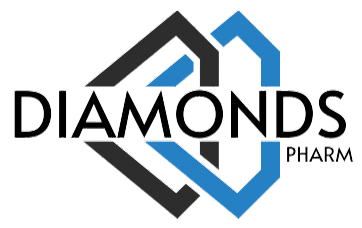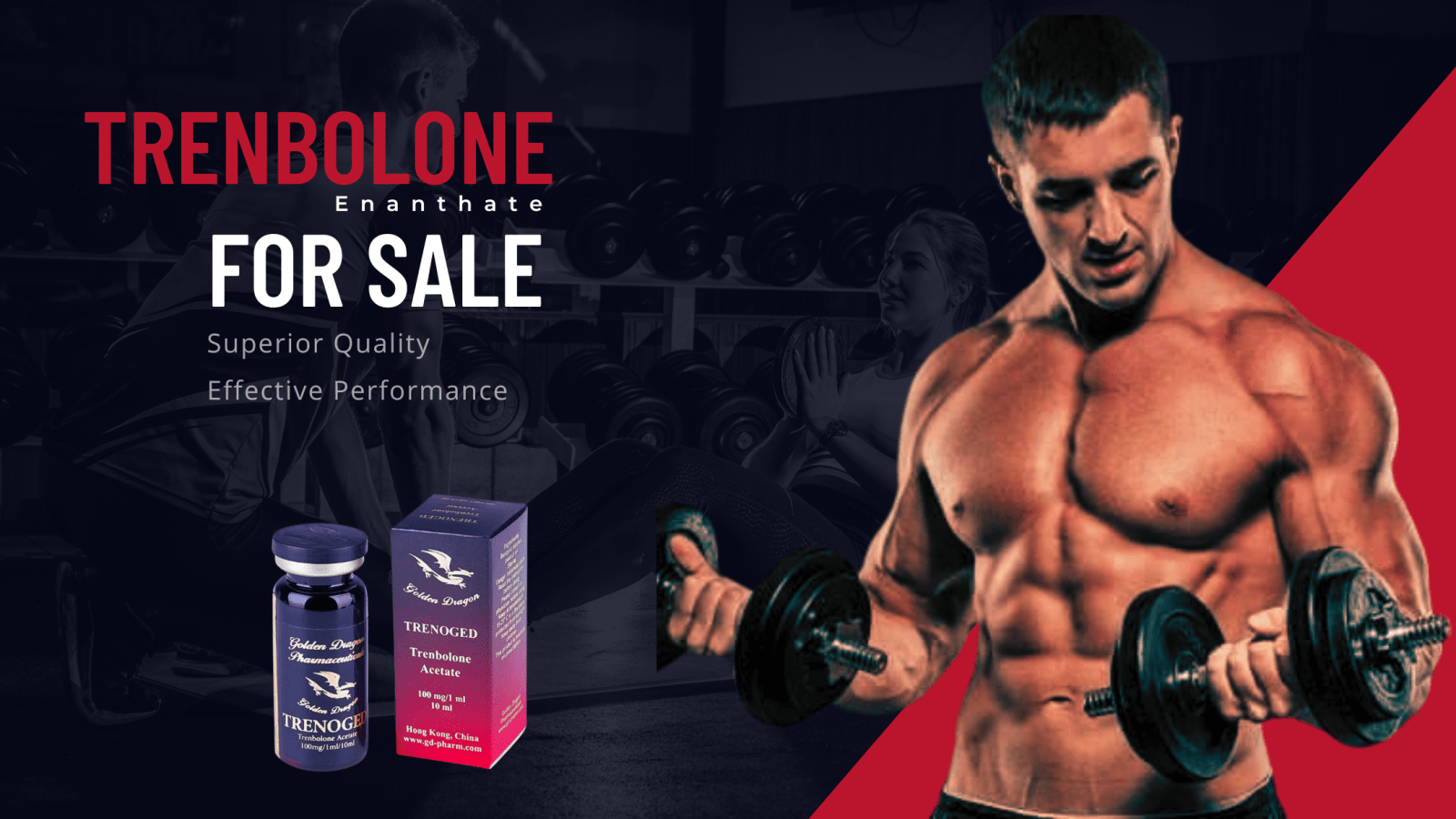
Introduction
Protein is often hailed as the cornerstone of a healthy diet and plays a crucial role in numerous bodily functions. In this comprehensive guide, we’ll delve into the importance of protein, its various sources, recommended intake, and its impact on athletic performance and overall well-being. Whether you’re an athlete striving for peak performance or simply interested in leading a healthy lifestyle, understanding protein is essential.
Protein: Unraveling Its Importance
Protein is a macronutrient composed of amino acids, which are the building blocks of our body’s cells, tissues, and organs. It is involved in a wide range of vital functions, including muscle repair and growth, enzyme production, hormone regulation, and immune system support. Consuming an adequate amount of protein is essential for maintaining optimal health and vitality.
Sources of Protein: Fueling Your Body
The Protein can be obtained from both animal and plant sources. Let’s explore some common sources of protein:
1. Animal-Based Protein
Animal-based protein is derived from animal products and includes:
- Lean meats such as chicken, turkey, beef, and pork.
- Fish and seafood, including salmon, tuna, and shrimp.
- Dairy products like milk, yogurt, and cheese.
- Eggs, which are considered a complete protein source.
2. Plant-Based Protein
Plant-based protein is obtained from plant sources and is an excellent option for vegetarians, vegans, and those seeking alternative protein sources. Some notable plant-based protein sources include:
- Legumes, such as beans, lentils, and chickpeas.
- Soy products like tofu, tempeh, and edamame.
- Nuts and seeds, including almonds, walnuts, chia seeds, and flaxseeds.
- Whole grains like quinoa, brown rice, and oats.
- Leafy green vegetables such as spinach and broccoli, which also provide a modest amount of protein.
Protein and Athletic Performance
For athletes and fitness enthusiasts, protein plays a crucial role in supporting performance and recovery. Here’s how protein impacts athletic endeavors:
1. Muscle Repair and Growth
Protein is essential for repairing and rebuilding muscles after intense workouts. Consuming an adequate amount of protein helps optimize the muscle recovery process, leading to muscle growth, improved strength, and enhanced athletic performance.
2. Increased Strength and Power
Protein intake, when combined with resistance training, promotes muscle protein synthesis, resulting in increased strength and power output. This is particularly beneficial for athletes involved in strength-based sports or activities.
3. Sustained Energy and Endurance
Including protein in pre- and post-workout meals helps stabilize blood sugar levels, providing sustained energy during exercise. This can enhance endurance and delay fatigue, allowing athletes to perform at their best for longer durations.
4. Injury Prevention and Recovery
Protein is essential for maintaining healthy connective tissues, such as tendons and ligaments, which are prone to injury during physical activity. Consuming adequate protein can support injury prevention and expedite the recovery process if injuries do occur.
How Much Protein Do You Need?
The recommended daily protein intake varies depending on factors such as age, sex, activity level, and overall goals. Here are some general guidelines:
- Sedentary individuals: 0.8 grams of protein per kilogram of body weight.
- Recreational exercisers: 1.2-1.4 grams of protein per kilogram of body weight.
- Endurance athletes: 1.2-1.6 grams of protein per kilogram of body weight.
- Strength athletes: 1.6-2.0 grams of protein per kilogram of body weight.
- It’s important to note that these are general guidelines, and individual protein needs may vary. Consulting with a healthcare professional or registered dietitian can help determine the ideal protein intake based on specific needs and goals.
Protein FAQ
Let’s address some frequently asked questions about protein:
1. Can You Get Enough Protein on a Plant-Based Diet?
Absolutely! Plant-based diets can provide ample protein if a variety of plant-based protein sources are incorporated. Legumes, tofu, tempeh, quinoa, and nuts are just a few examples of protein-rich plant foods.
2. Is It Necessary to Consume Protein Immediately After Exercise?
While immediate post-workout protein consumption is commonly recommended, the overall protein intake throughout the day is more important than the timing of a single meal. Aim to distribute protein intake evenly across meals to support muscle recovery and growth.
3. Can You Consume Too Much Protein?
Excessive protein intake can strain the kidneys and may lead to digestive issues. However, for healthy individuals, consuming moderately higher amounts of protein is generally safe. It’s important to strike a balance and avoid extreme protein intake without professional guidance.
4. Do Women Need Less Protein Than Men?
Protein needs are primarily based on body weight and activity level rather than gender. Both men and women require adequate protein intake to support their physiological needs.
5. Can Protein Help with Weight Loss?
Protein can aid in weight loss by promoting feelings of fullness, increasing calorie burning through the thermic effect of food, and preserving lean muscle mass. Incorporating protein-rich foods into a balanced diet can support weight loss efforts.
6. Is Protein Supplementation Necessary?
Protein supplementation is not essential for most individuals, as it can typically be obtained through a well-rounded diet. However, protein supplements can be convenient for those who struggle to meet their protein needs or require a portable protein source.
Conclusion
Protein is a vital nutrient that plays a fundamental role in maintaining overall health and supporting athletic performance. Whether you choose animal-based or plant-based sources, ensuring an adequate protein intake is key. Protein fuels your muscles, aids in recovery, and helps you achieve optimal strength and vitality. By incorporating protein-rich foods into a balanced diet, you can unlock the potential of this essential building block for a healthier and stronger you.









